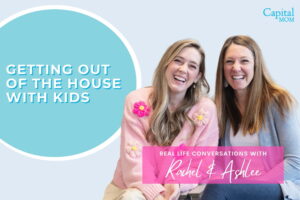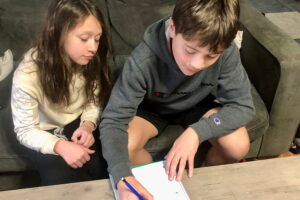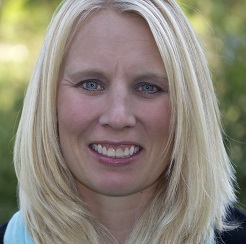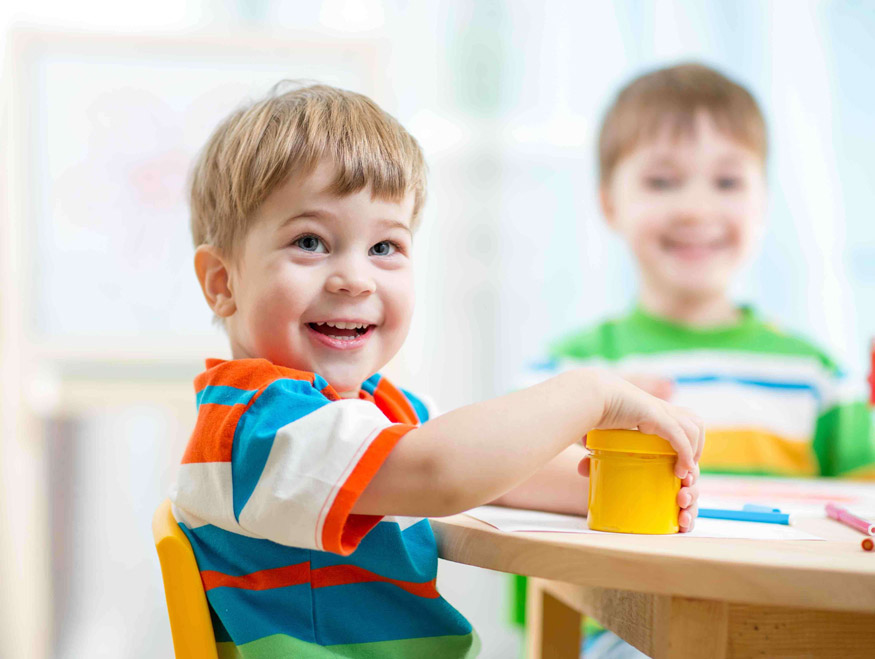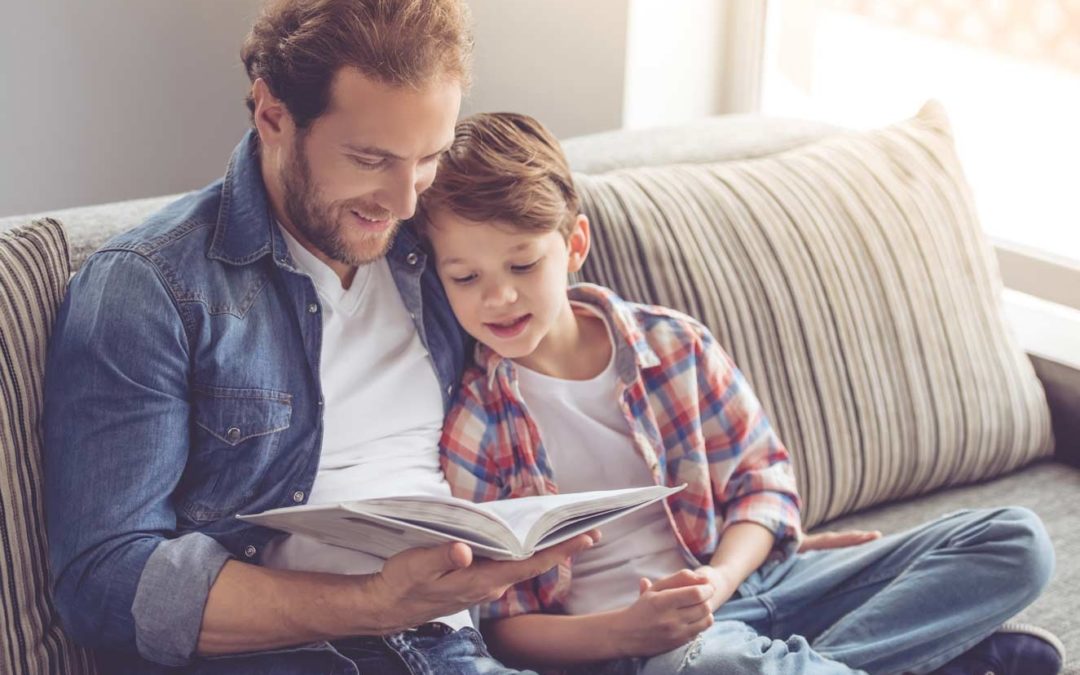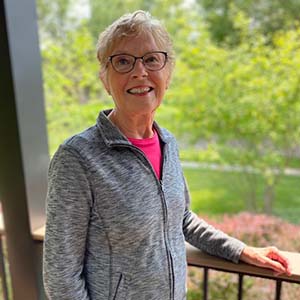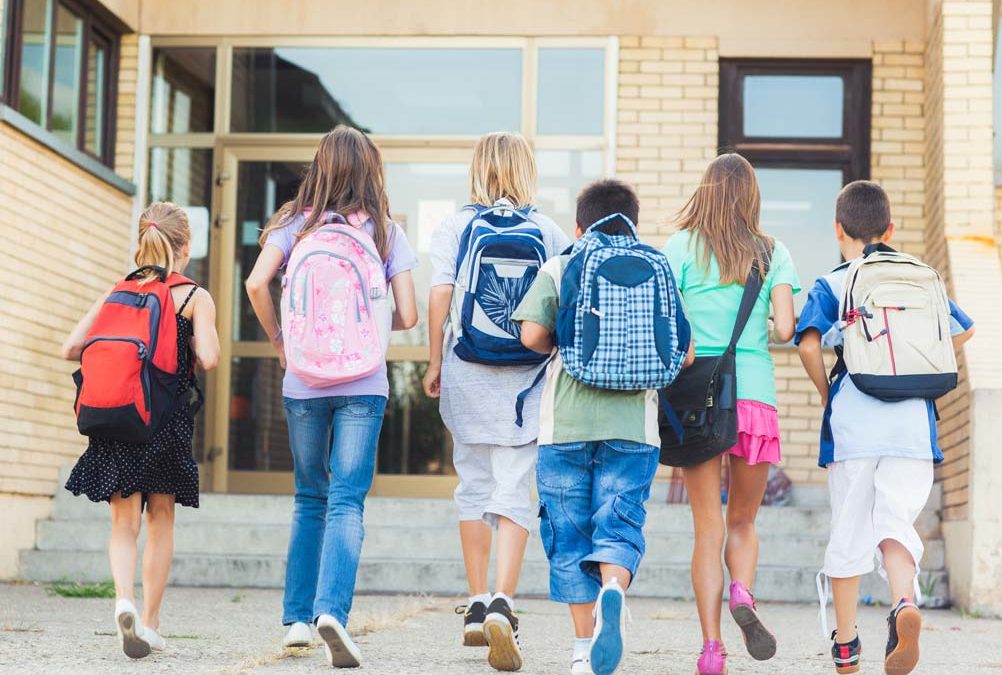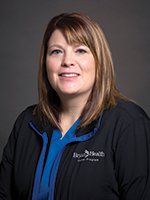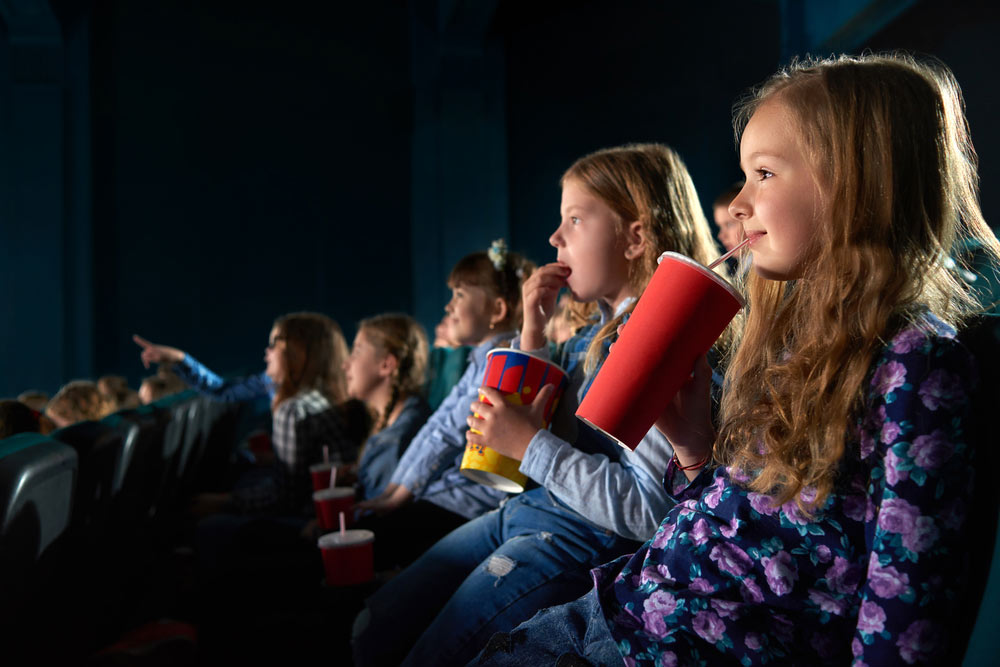
Ways to Make Summer Reading Not Feel Like Homework
Ah, summer—the sun is hot, school is out, energy is high, and let’s face it, for parents this can be a challenging time. Not only does your routine change, but it’s also difficult to keep your kids reading.
Does “summer school work” sound like a chore to your kids? It’s a constant struggle for me to convince my children to do anything other than watch TV or play outside. The question I faced was, “How can I make reading or any other school work be just as exciting as any other summer activity?”
How to Make Summer Reading Not Feel Like Homework
Before school was out for the summer, I made a plan. I wanted to continue helping Cohen read throughout the summer. I heard of the summer slide, which is a term teachers use to describe the learning loss between grades over the summer, and I didn’t want that for Cohen. He had made such great progress throughout the year and was nearing a third grade level that I didn’t want him to fall farther behind.
Find Programs that Have Worked Previously
I looked into several reading programs being offered during the summer months, but they were ridiculously expensive! Plus, the times the classes were offered were not convenient for working parents, so that was a little frustrating! I realized I would need to make it a priority.
Make a Plan
I made a plan to go to the library once a week and have my kids pick out books they wanted to read. I also signed Cohen up for the library summer reading program, which is free! Then, we went to Barnes and Noble and signed up for that summer reading program. Lastly, I wanted him to continue with his frequency folder and have him read the same passage every day. I thought I had a great plan in place.
But life gets in the way. My plans for him to read continues to be pushed aside for the different activities planned in the evenings that Cohen wants to do. My son didn’t view reading as a fun activity and I realized I needed to make it a priority and encourage summer reading. It was time to get creative!
Set Goals
It was time to set some summer reading goals. I had Cohen help me set our goals and create a chart together when he finished his frequency passage. Cohen and I made a “Reading Hall of Fame” bulletin board. After every book he finished, we take a picture and I post it to the board.
Make Reading a Family Event
My daughter starts kindergarten in the fall, so I am trying to make reading this summer a family affair. During the warm weather months, it can be hard for busy, on-the-move families to fit reading in. So we started to set aside some time to read before bedtime. Every family member grabs some books, we turn off all electrics, and read for 20 minutes. We’re also trying to listen to more audio books—while at the library, I found some fun family reads on CD.
Make it Fun
Lastly, his teacher gave me this idea before summer vacation—twice a month during the summer we have a “Cookie and Bookie” where we read a story or two together, he reads one page then I read the other, and when finished we discuss what we read. Then, of course, we bake cookies together!
Granted, these are no substitutes for cracking the books. And I don’t pretend to have any magical suggestions for preventing the summer slide, but I am trying to make reading a priority this summer so Cohen won’t be far behind when he enters 3rd grade this fall.

Mallory Connelly
Babies & Toddlers
In addition to the time I devote to being a mom, I also work full-time outside the home, which means my day is hardly ever as simple as nine to five. With an all-too-established schedule, as soon as I walk through the door, my day doesn’t end, but rather just begins. It’s a balancing act, especially with two children, but being a mom is one full-time job that I never want to quit!


